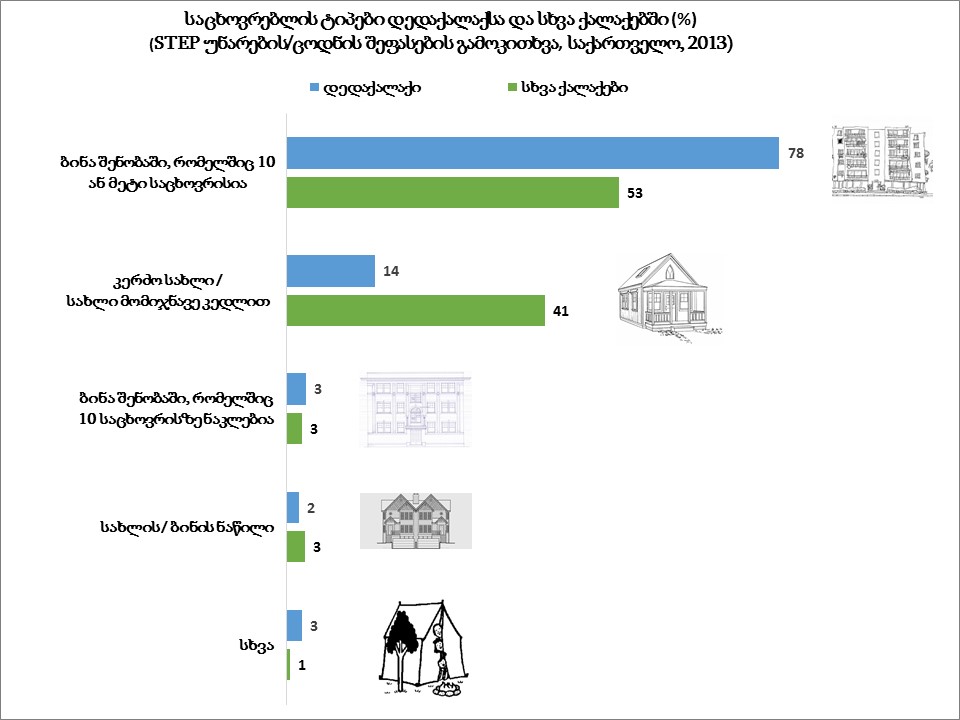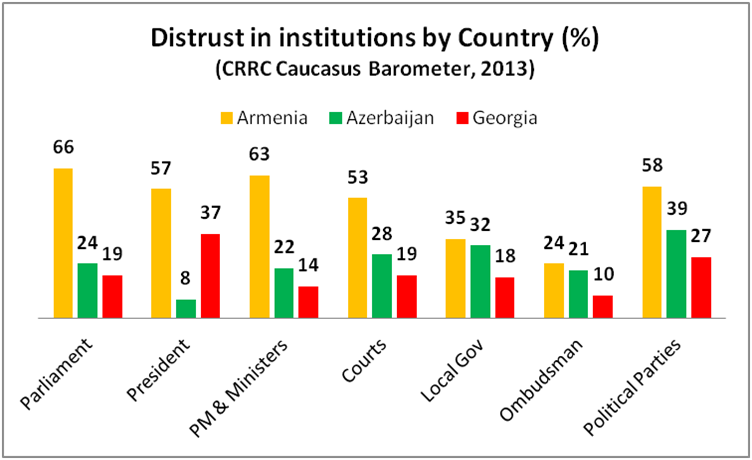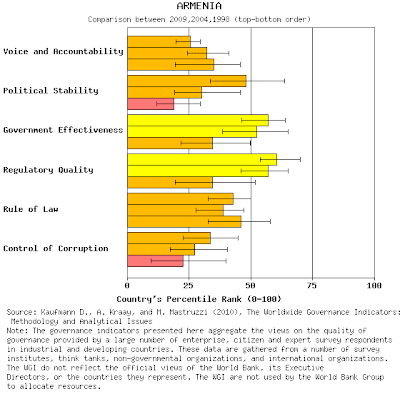
მსოფლიო ბანკის მონაცემების მიხედვით, საბჭოთა კავშირის დაშლის შემდეგ, საქართველო მეტად ურბანული გახდა. საბაზრო ეკონომიკაზე გადასვლამ რეგიონებში უთანასწორო განვითარება გამოიწვია. უკეთესი საცხოვრებელი პირობებისა და მეტი ეკონომიკური შესაძლებლობების ძიებაში სულ უფრო მეტმა ადამიანმა მიაშურა დიდ ქალაქებს. ამის შედეგად, 2014 წელს ჩატარებული აღწერის მიხედვით, ქვეყნის მოსახლეობის ნახევარზე მეტი (57.5%) ქალაქის ტიპის დასახლებაში ცხოვრობს.



